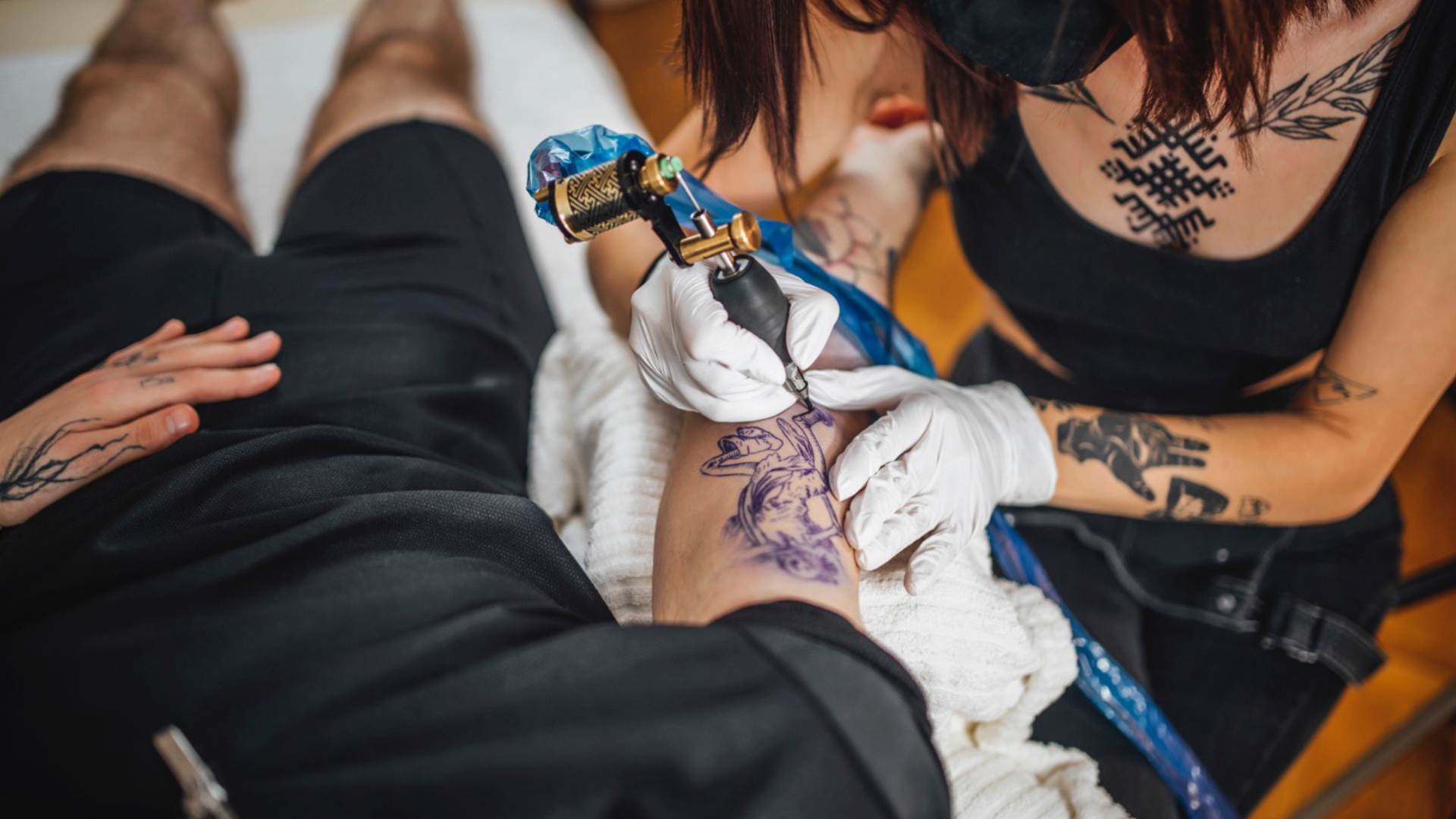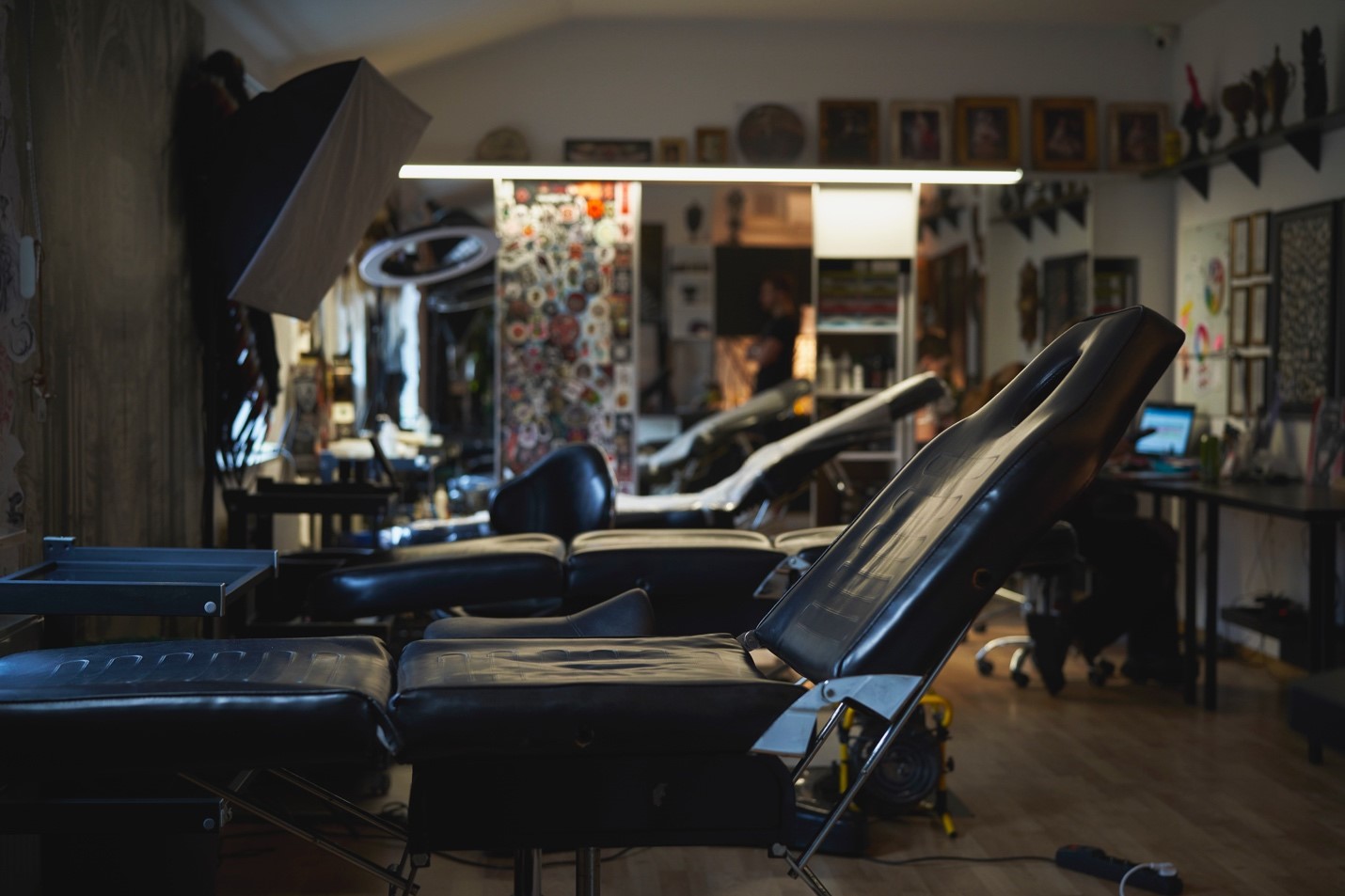
Tattoo Shop Standards - Look Carefully Before Using the Service
The growing popularity of body tattoos has brought about various concerns, including dissatisfaction with tattoo results and health-related issues such as infections and scarring. In response to these concerns, the Department of Health, governed by the Public Health Act of 1992, regulates tattoo parlor standards to ensure the safety and well-being of clients. Dr. Atthaphon Kaewsamrit, the Deputy Director-General of the Ministry of Public Health of Thailand, sheds light on the importance of adhering to these standards.
The growing popularity of body tattoos has brought about various concerns, including dissatisfaction with tattoo results and health-related issues such as infections and scarring. In response to these concerns, the Department of Health, governed by the Public Health Act of 1992, regulates tattoo parlor standards to ensure the safety and well-being of clients. Dr. Atthaphon Kaewsamrit, the Deputy Director-General of the Ministry of Public Health of Thailand, sheds light on the importance of adhering to these standards.

Tattoo parlors are considered potentially hazardous to health, and they must meet specific standards outlined in the Public Health Act of 1992. To ensure the safety of clients and staff, the following standards must be maintained:
1. Hygienic Location: Tattoo parlors should be located in well-maintained, clean spaces with separate sections, a bathroom, and a handwashing sink. Adequate ventilation and regular maintenance are essential.
2. Sanitary Tools: Tables and chairs used for tattoo services must be cleaned thoroughly before and after each use. Given that tattooing involves blood and sweat, maintaining cleanliness is crucial.
3. Sterile Tattoo Machines: Tattoo machines, especially tattoo needles similar to syringe needles, must be cleaned regularly. Needles should be used once and discarded to prevent cross-contamination.
4. Certified Tattoo Ink: Tattoo ink used on the body must be certified for safe use. It should be labeled with the date, month, year of manufacture, and expiration date to prevent adverse reactions.
5. Proper Waste Disposal: Tattoo parlors generate various types of waste, including sharp and non-sharp items contaminated with blood and bodily secretions. Before disposal, needles, blades, and sharp objects should be disinfected. Special containers, labeled as "infectious waste," should be used to dispose of these materials. Gauze, cotton wool, and gloves must also be disinfected.
6. Healthy Tattoo Artists: Tattoo artists must be in good health, free from communicable diseases such as respiratory illnesses, tuberculosis, hepatitis B, liver viruses, and other bloodborne infections.

Ensuring the safety and health of individuals seeking tattoos is of paramount importance. Tattoo parlors must adhere to the established standards to protect clients and artists from potential health risks. Before getting a tattoo, it's essential to inspect the shop's cleanliness and inquire about their adherence to these health and safety standards. Public awareness and vigilance play a significant role in maintaining the integrity of the tattoo industry and safeguarding the well-being of clients.
Articles in this category are written by our editorial team to keep you informed about the latest healthcare and medical tourism news.

